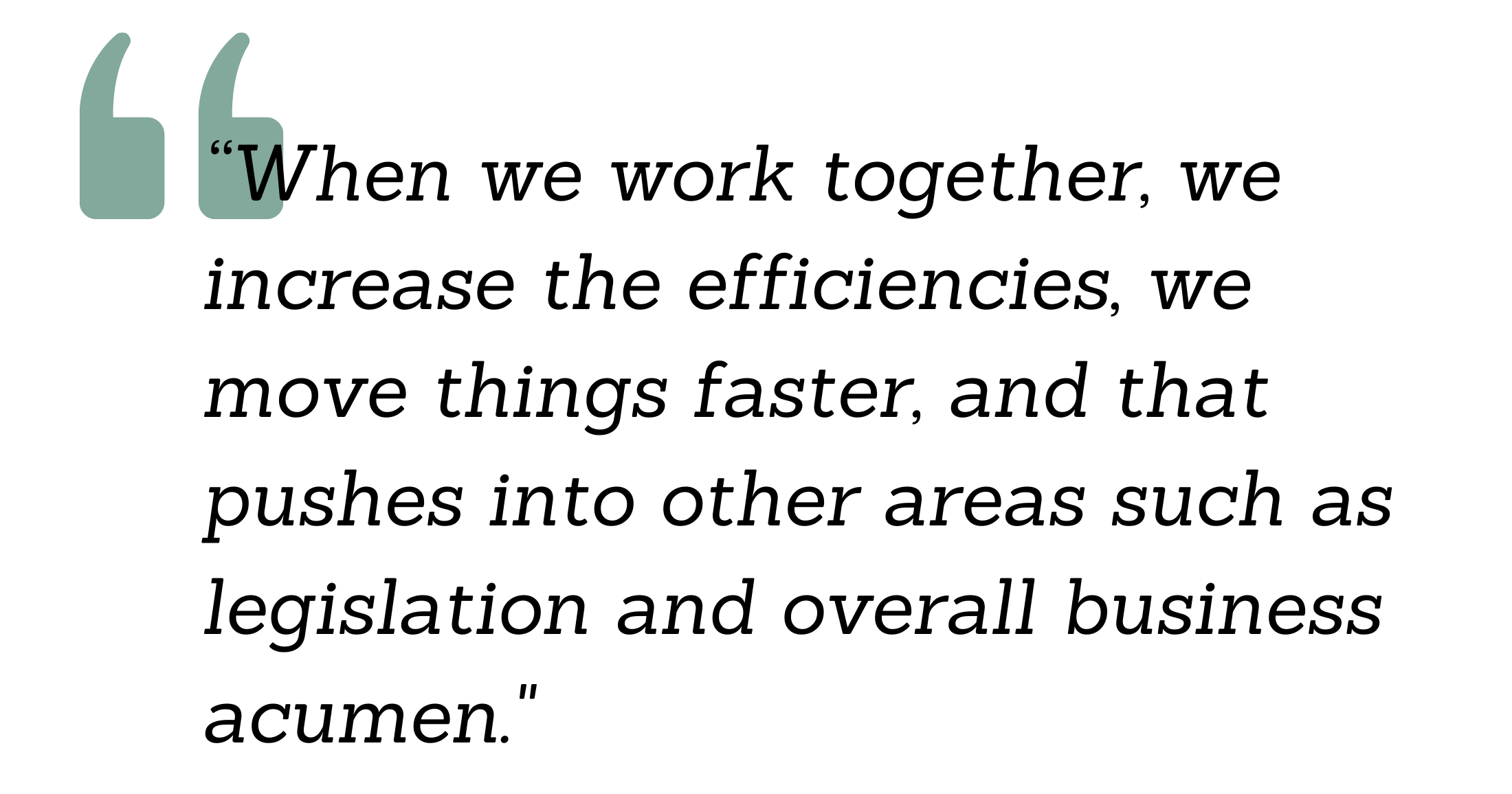International Cannabis and Hemp Standards have developed a grading system bringing equity to the industry

By Gregory Frye
A healthy supply chain is a crucial aspect to any thriving industry. Trust, common language and agreed-upon standards are all essential factors here — otherwise the supply chain is compromised. This is a big pain point for operators in the cannabis and hemp industries, where the marketplace is highly fragmented and standards are still lacking in most places.
Enter the International Cannabis and Hemp Standards (ICHS), which are quickly adding value to suppliers and buyers in Washington and California. “The goal is basically to increase speed and efficiency of transferring material — with eyes to the future,” notes Eric Cozens, CEO of Big Tree, the industry’s first cannabis grading service who use the ICHS to appraise the quantitative and qualitative aspects of cannabis or hemp crops.
Bringing New Levels of Maturity to Cannabis and Hemp
While many cannabis markets are only just now learning about ICHS and the value of cannabis/hemp grading, Cozens emphasizes that this is a natural progression for an industry still in its early growth stages. “We have to remember we’re still in the very beginning of this process. We’re still federally illegal, operating under state guidelines,” he says.

“The market is fractured because in the past people had to operate with security and confidentiality in mind. Best practices weren’t shared, and so people established their own language systems and processes.”
With so much base-level fragmentation in the industry, it can be hard to get everybody on the same page, Cozens reveals, which is where the ICHS come into play. “We’re not saying a specific cannabis lot is good or bad; it’s more like ‘this is what it is.’ And it’s not based on effect or consumer preference, it’s more commodity driven,” he says. “How is it grown, what’s the structure, what’s the smell — a focus on the aspects we can objectively define and talk about, rather than a connoisseur or sommelier approach.”
Immediate Effects on the Industry and Supply Chain
Among the markets that have embraced ICHS, Cozens has noted a lot of excitement among industry players. Conversely, he has also seen some initial hesitation among farmers. “Farmers take this very personal, and there hasn’t been a lot of collaboration in the past,” he notes. “As the industry continues to consolidate and grow, we know that working together is the only way forward.”
Farmers actually benefit immensely from ICHS because they know exactly what their crop is worth on the marketplace and nobody can take advantage of them, Cozens says.
“When we work together, we increase the efficiencies, we move things faster and that pushes into other areas such as legislation and overall business acumen,” he adds, emphasizing the importance of a healthy supply chain.
And although Big Tree is a for-profit company, grading cannabis and doing appraisals and standardization, Cozens continues, ICHS is made up of stakeholders from different parts of the industry. “We can review the standards, talk to farmers, see where the market is going and adjust the standards as we go,” he explains. “The standards simply give us common language and definitions to work from when appraising and verifying a crop’s value on the marketplace.
Preparing the Industry for Future Success
While standardization is important in almost any industry, it’s still fairly new for cannabis and hemp supply chains. That will soon change as policies evolve and more cannabis operators get smarter about their bottom lines and begin to embrace ICHS.
“Right now, a lot of this is intrastate involving relationships where people know each other, but we are under the assumption that cannabis and hemp will become an agricultural commodity traded like corn or soybeans,” Cozens explains.

At that point, he continues, when we are talking about national or international transfer, you can’t always see the product yourself. You can’t always put your eyes on it, pick out what you like and buy it. “For example, when we think about how we’re going to transfer a thousand pounds from the Central Valley to the East Coast, what tools and mechanisms would be in place to do that? The first thing we need is a common language to describe, grade and to give a value that everyone can believe and trust in for you to be able to make that transaction.”
New Markets Embracing ICHS?
While California and Washington have already embraced cannabis grading and ICHS, other emerging markets will soon come on board.
Although Big Tree is one of the first movers in cannabis grading as a service, Cozens maintains that they claim no ownership over ICHS or the value it can bring to different markets in cannabis and hemp. “We’re excited to just spread that education and experience and teach people how to do it,” he says.
“Right now, it’s about looking for partners in those markets that want to adapt to these standards. We’re really open and letting the market decide where we should go next. If there are stakeholders in markets like Illinois, Florida or Arizona for example who want to implement ICHS and have graders in their markets to help their supply chain and to improve trust — we are open to working with them and putting our resources in their markets to help that go through.”
Cozens encourages anybody with questions to reach out. The biggest focus at this point, he says, is creating healthy supply chains that ensure nobody is being taken advantage of, especially farmers and manufacturers.

Gregory Frye is a storyteller, writer, editor and award-winning journalist with a love for meaningful collaboration. Most recently, he was part of the founding team at Green Flower Media, where he spent almost five years as executive online editor.
